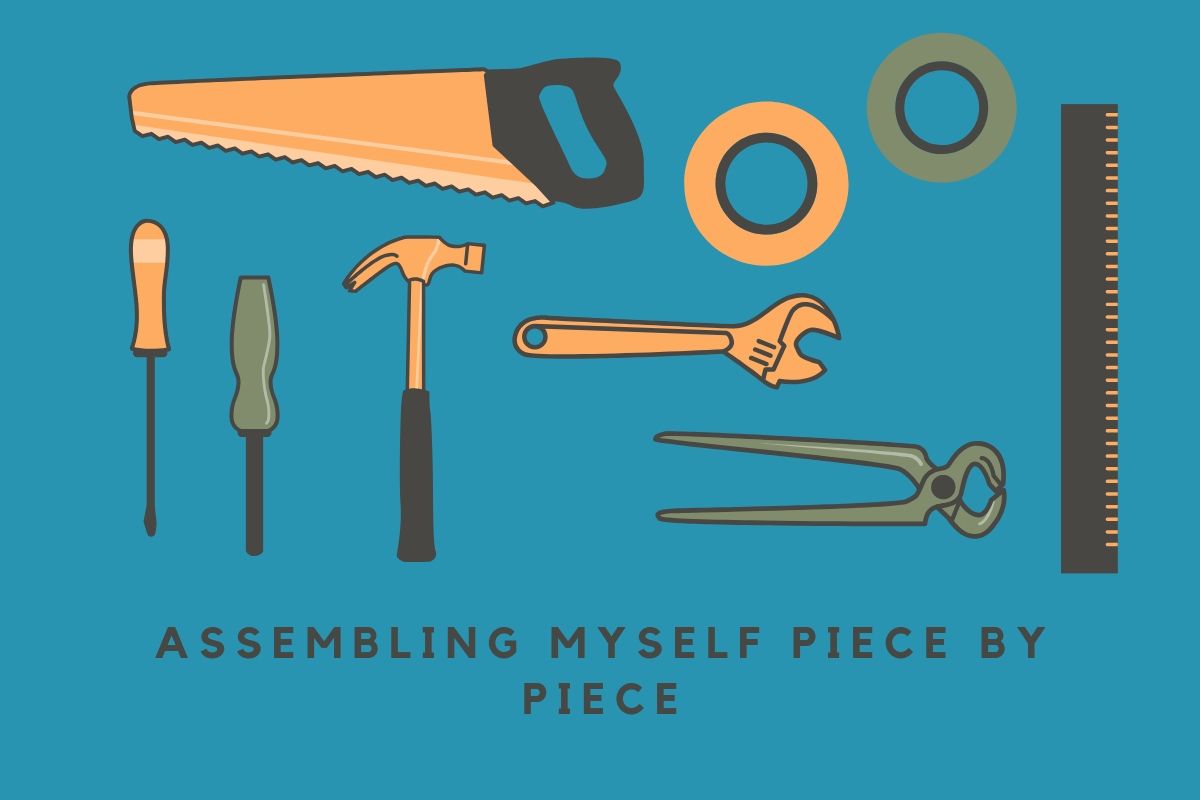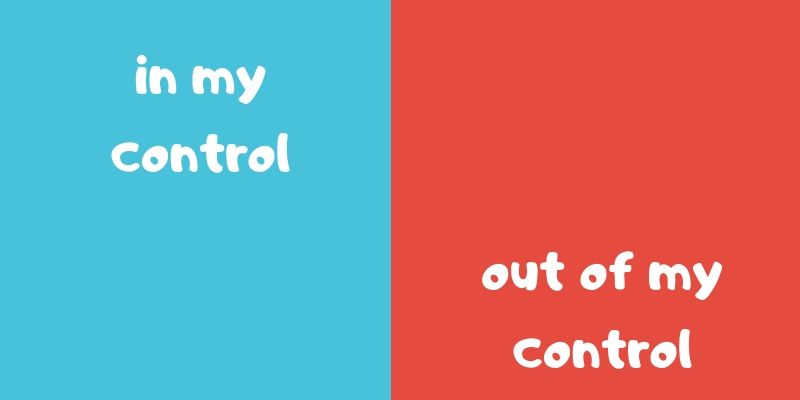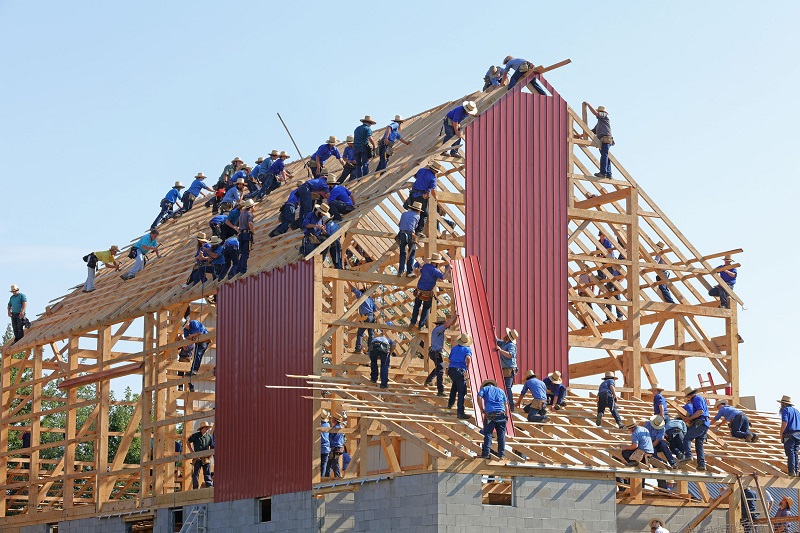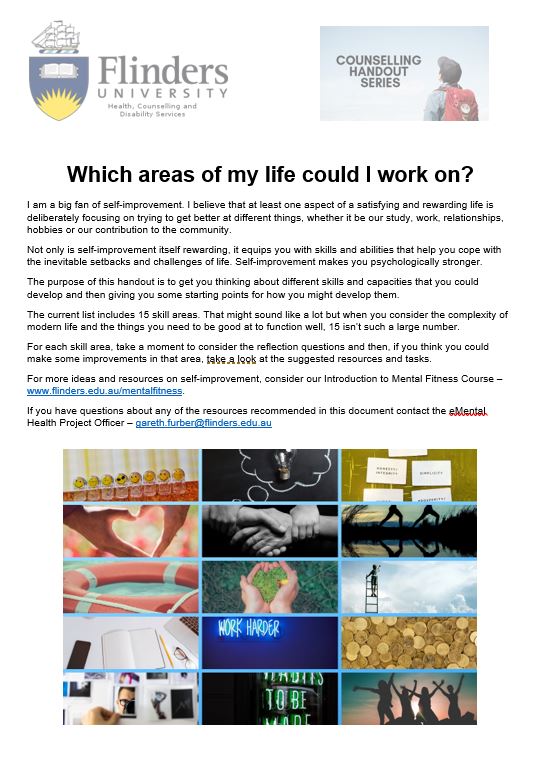
There are a lot of problems that we can face in life that are unsolvable.
The best we can expect is that we find ways of adapting to or managing the problem.
An example is chronic or long-term illness.
Chronic or long-term illnesses typically don’t have a ‘cure’. The condition cannot be completely fixed.
Instead you have to find ways of living with the condition.
There are a number of factors that influence whether a person successfully adapts to living with a chronic illness.
Some of these are out of the control of the individual: socioeconomic status, their health history, availability of nearby medical assistance
Others are arguably within the control of the person: health behaviours, coping strategies, mental models.

Sometimes I think we fall prey to thinking that our ability to cope is a fixed thing. That is, each person has a certain level of ability to cope with problems that is set in stone.
I do not subscribe to this viewpoint.
I believe that we can increase our ability to cope with setbacks. We can build resilience. We can build psychological strength.
This doesn’t mean bad things won’t happen to us or that we will always adapt well to new situations but it does mean that at any point in time in your life, you can be building your resilience to future setbacks.
Ok then – how do you do it?
We build psychological strength/ resilience in the same way that we build anything
- We envision the final product;
- We assemble together the pieces we think will make that product;
- We correct and make changes along the way.
So we imagine a better version of ourselves, try to assemble the pieces in a way that makes us better and reflect and revise our approach as we go.
I spend a large chunk of my life thinking about what exactly are the ‘pieces’ that we use to build a better version of ourselves.
At this point I think they are as follows:
The ability to regulate our emotions
The ability to think more flexibly and effectively
Self-awareness and understanding
Developing meaning and purpose
The ability to form and maintain positive relationships
The ability to keep ourselves safe, physically and emotionally
Helping others
Caring for your body
Shaping your environment
Cognitive enhancement
Ongoing learning and education
Transferable work skills
The ability to manage your finances
The ability to be creative
Knowing how to unwind and recharge
The ability to form new habits
There are things you can do in each of these areas to build that particular ‘piece’. It doesn’t always involve making huge changes.

Big consequences can come from small changes
When I talk to people about improving their life, piece by piece, there is sometimes doubt that small changes can have any real effect.
That is cause we tend to assume that the impact of a change is directly proportional to the size of the change.
However, when it comes to self-improvement, I am not sure that is an accurate model to use.
This is because any given change might:
a) trigger off a bunch of other positive changes, like a cascade or domino effect
b) alter something that was fundamentally not quite right and thus modify the system massively
c) teach us something incredibly useful that we can apply in future self-development efforts
I use the example of a recent change I made which is to get 1 extra hour of sleep per night by changing my bedtime. On it’s own it seems like a seemingly insignificant decision. But that extra hour of sleep is yielding benefits bigger than the change itself would suggest.
- I feel happier each day, which assists me in viewing things more optimistically
- I find that I can think a little more clearly
- I’m less likely to be upset by things
- I feel less hungry, so it helps not pig out at my desk
These are small benefits, but they add up to a qualitatively different feeling on those days following extra sleep, than those without.
What changes should I specifically make?
I explore this question in my Mental Fitness course.
That being said, I’m not sure that most people need a full mental fitness course in order to identify areas of their life in which they could improve.
Instead you could spend a few minutes with this document reflecting on the different areas of your life you could work on.
Remember that you don’t need to start with some kind of massive life overhaul. You can start simple and build over time.


